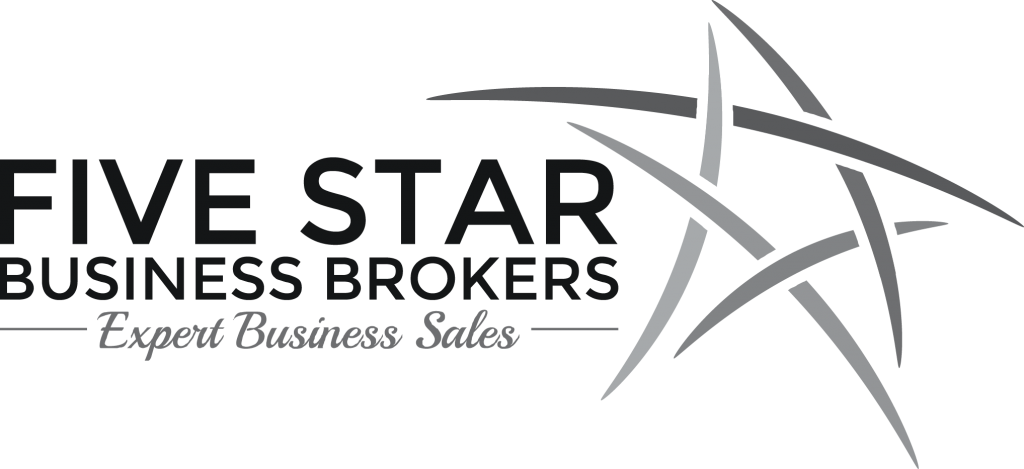Conduct Due Diligence Before Purchasing A Business.
In a general sense, due diligence in the context of business sales refers to researching and analyzing a business in preparation for a transaction. But what is ‘formal due diligence’? When should it start? Formal due diligence refers to the buyer’s investigatory phase of a business when the business is ‘under contract.’ A business is only ‘under contract’ unless and until there is an agreed upon Letter of Intent (LOI) or purchase agreement between the buyer and seller.
Initial Phase of Buying A Business
The buyer normally first learns about a business through a confidential advertisement or a ‘blind ad’ seen online. After qualifying the buyer and signing a non-disclosure statement through the business broker, a buyer is then given a comprehensive and confidential listing package about the business. This information reveals the actual name of the business, company financials, and a plethora of other pertinent information about the business that is not revealed online to the public.
Initial Due Diligence Phase
- Simply by being told the name of a business, buyers today can conduct quite a bit of preliminary due diligence.
- If one knows the identity of a pizzeria being sold, for example, a buyer can conduct internet searches and see online reviews, nearby competitors, and pictures.
- They can also use the internet to conduct demographic research about industry dynamics for the subject business.
- The confidential listing package will include the name and location of the business, information about the lease, financials of the business (such as tax returns or profit and loss statements), and all the relevant information necessary to understand how the business operates.
- A buyer during the initial due diligence phase should carefully review all of this information, ask follow up questions to the business broker. and research the business.
- It is important to note that a buyer may not speak to the seller directly nor disrupt the business by entering it during the initial due phase, as indicated in the Non-Disclosure Agreement that all buyers must sign.
Steps Prior to Making An Offer
After receiving the confidential information about the business, a face to face meeting or conference call is generally arranged. Here, a professional business broker should ensure that the buyer’s questions are asked properly and answered as clearly as possible. The prospective buyer will also do a thorough walk-thru of the business premises. Other questions may arise after a meeting, but it is generally at this point that an offer should be made by the buyer.
Commencement of Formal Due Diligence
- If an offer is accepted by the seller, then this will be memorialized in either a Letter of Intent (LOI) or a purchase agreement.
- The ‘Formal due diligence phase’ typically starts at this point.
- Most sellers will not go through a formal due diligence process unless there is a signed letter of intent or purchase contract
- Indeed, many sellers require a refundable deposit to be held in escrow as a part of the LOI or purchase agreement prior to undergoing formal due diligence.
- The seller usually will not release super-confidential information (such as bank statements or W2 forms) until knowing that these safeguards are in place.
- The seller wants to make sure the buyer is serious and that there is a meeting of the minds on the basic terms of the deal.
- Additionally, costs are a factor when commencing or proceeding with formal due diligence.
- The seller will usually have significant legal and accounting costs, and incur their own personal labor of complying with the formal due diligence requests.
- The specific formal due diligence requests are sometimes described in the letter of intent or purchase contract.
- It varies widely by industry and by choice of the parties to the deal.
- ‘Formal due diligence’ request items may consist of bank statements, payroll records, insurance certificates, copy of lease, and allowing the buyer to ‘observe’ the business for a period of time.
Formal Due Diligence After Purchase Agreement Signed
‘Formal due diligence’ normally occurs after a letter of intent is signed. But sometimes the buyer and seller wait until a purchase contract is signed before commencing formal due diligence. This is often because the parties do not want to waste time with an LOI. The purchase agreement should detail the buyer’s formal due diligence request list, and as such the completion of formal due diligence to the buyer’s satisfaction is a contingency of the closing.
The formal due diligence phase when one buys or sells a business can be a very exhausting, costly, and complex undertaking. Be sure to involve a professional business broker prior to reaching this stage so that your interests are protected.
Give Martin at Five Star Business Brokers a call today for a FREE evaluation of your business in Palm Beach County.
